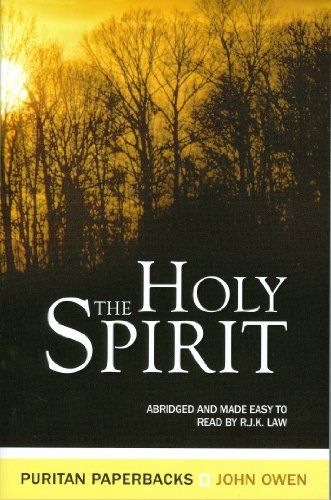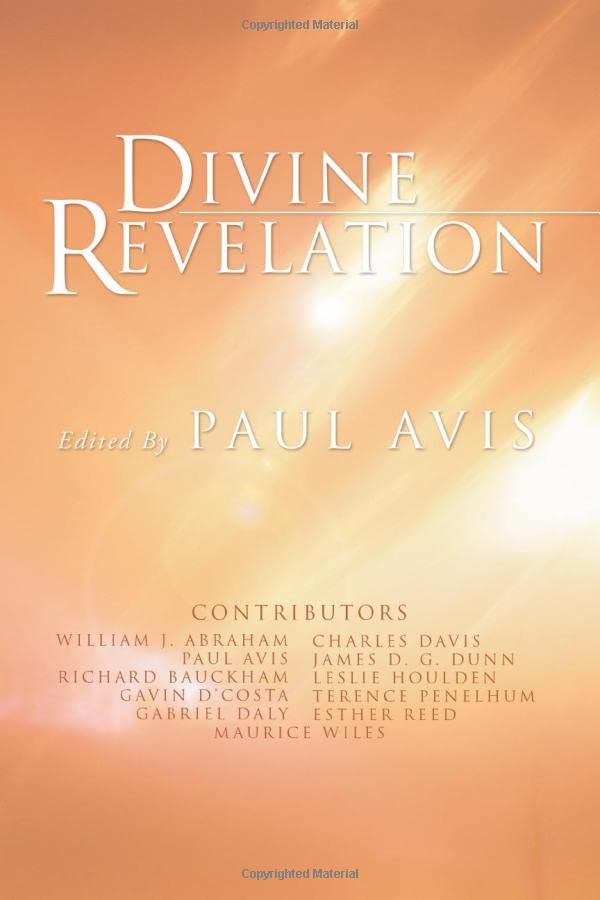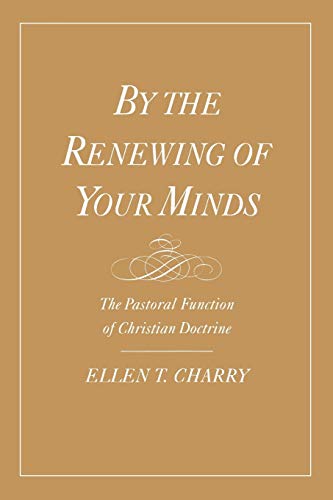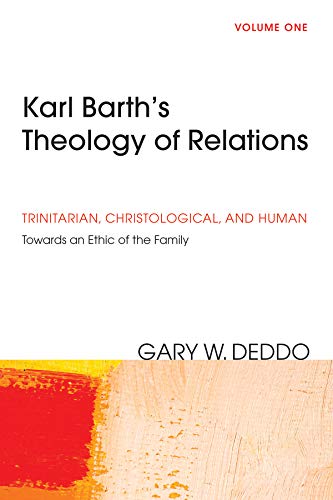The Story Goes … The Stories of the Torah
Written by Nico ter Linden Reviewed By Paul A. BarkerThis is a delightful book, written for the layperson by a well known Dutch preacher (and translated by John Bowden). It is a series of reflections, even devotions, on mostly the narrative of the Pentateuch, with a few legal texts as well. Its popularity is seen in that the original Dutch version, published in 1996, has sold over 150,000 copies.
The appeal of the book is found in the warm, humorous and respectful way that ter Linden approaches the Pentateuch (thought to have originated in exilic times). There is Christian piety coupled with an appreciation for the humour of scenes and rabbinical stories. It is gently thought provoking and highly engaging. The book comprises seventy-four short chapters on selected passages, mostly from Genesis, some from Exodus, and a handful from elsewhere. There are no references within the body of the text, and few endnotes, so the book reads easily. Some verses are quoted in full. There is little by way of direct application to the reader. Rather the book teases out ideas in the story, creates pictures, makes interesting observations and notes intriguing connections with other passages of Scripture.
It is as a preacher that I appreciated this book the most. Stories come alive with words that keep your attention, and often bring a wry smile. Sometimes imagined conversations are reported, usually with witty or unexpected words. For example, the chapter on Genesis 40 begins with Joseph saying to the cupbearer and baker, ‘Good morning, did you sleep well?’ Sentences are often short and crisp, with a gentle, dry humour that at times verges on the ironic, if not sarcastic. ‘The new baker of course; the old one was hanged two years ago.’ When Joseph has his brothers imprisoned in Genesis 42, we read, ‘They’re innocent, but of course these things happened sometimes’, alluding to Joseph in the well. When Balaam is under pressure to curse Israel, God tells him, ‘It’s not on!’ When the famine breaks out in Genesis 12, ter Linden writes: ‘Nice of God!’
Theological reflection in the book is at a light, almost suggestive level rather than in depth analysis. Examples include the relationship between faith and fatalism in Genesis 18 and a brief reflection on the swift movement from enjoying freedom given by God to exercising autonomy from God in Exodus 32. Some connections are made with other passages, often the gospels, which provide useful food for thought. For example, the Ten Commandments find resonance in the Beatitudes and Lord’s Prayer. Themes running through Genesis are also observed well, such as the interplay between firstborn and other children, the theme of deception in the Jacob stories and reversal of fortunes in Jacob and Joseph stories. My favourite section was a delightful comment about Calvin who ‘was a great divine, but unfortunately somewhat deficient in romantic feelings’. This assessment is prompted by Calvin’s comment on Genesis 29, that Jacob would only have kissed Rachel after telling her his name!
There are a few errors, e.g. Joseph’s name instead of Jacob’s (120) and vice versa (175), and Rebecca’s instead of Rachel’s (124). Nevertheless, the creative telling of the stories in the Pentateuch by ter Linden has much to commend it. This is not a book for the scholar seeking exegetical accuracy. But for the preacher seeking to bring the Torah to life, as well as the Christian seeking to think more about these stories, this is an appealing book.
Paul A. Barker
Paul A. Barker
Malaysian Theological Seminary
Seremban, Malaysia







